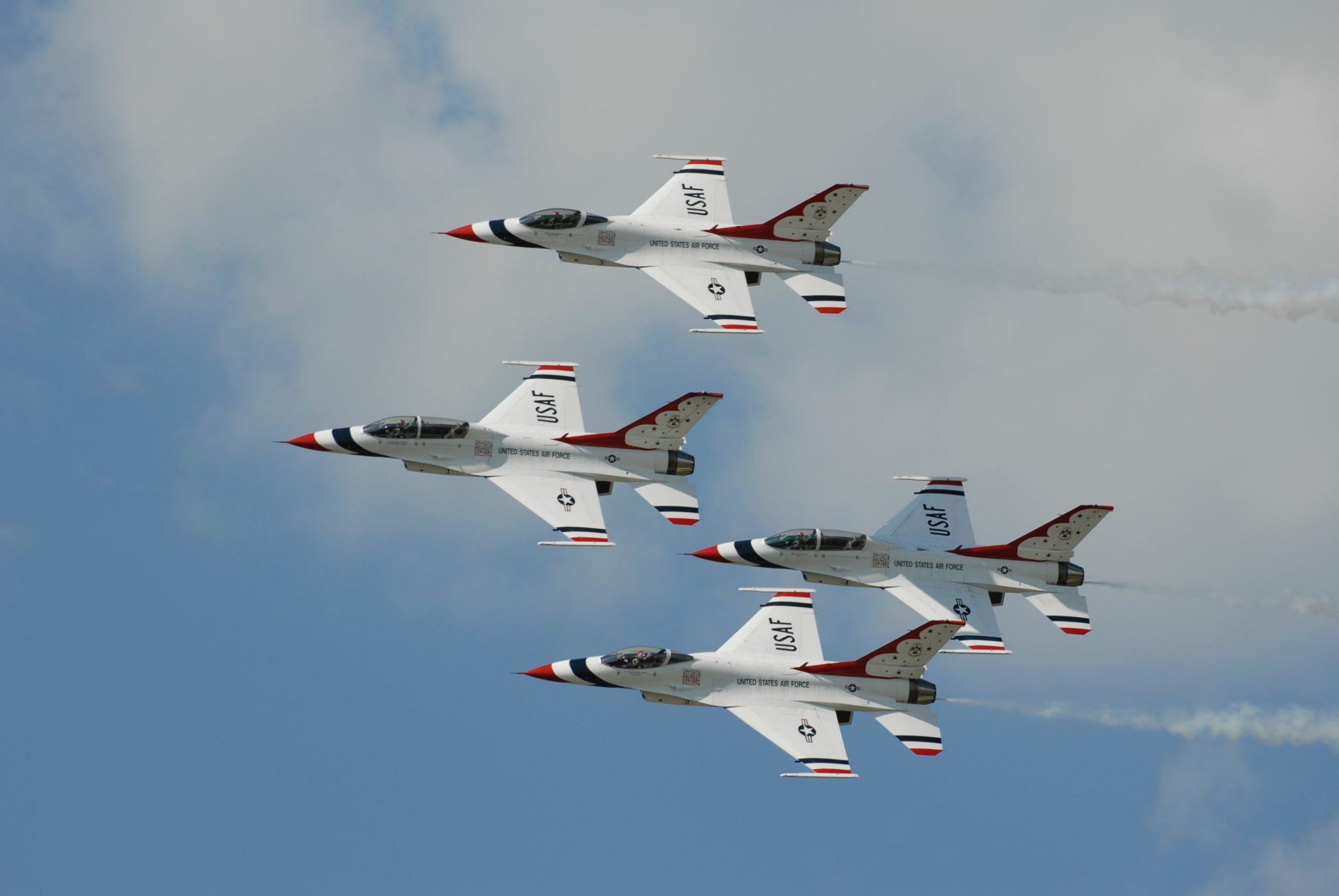As we celebrate National Voter Registration Day, here’s a reminder: Women have voted at…
3 Things to Remember: National Security + Gender

With the recent escalation of US tensions with Iran, national security has been a leading topic on everyone’s mind. In American politics, the president, otherwise known as the “Commander in Chief,” is central to this discussion. When talking about national security in the context of the 2020 presidential election, it’s important to note how gender dynamics may be at play. Here are three things to keep in mind when evaluating the coverage of women candidates and this issue:
We have a gendered notion of what a “Commander in Chief” looks like.
History – and movies, and TV, and books – paint a picture of what a “Commander in Chief” looks like. When dealing with a national security crisis, he always has his shirtsleeves rolled up, or is wearing a Camp David or Air Force One sweatshirt, or is in a rumpled suit with his tie undone. When addressing the nation, he stands in a crisp suit behind a podium. While media representation may be slowly becoming more diverse, it’s no easy task to undo the gendered images the American public has always seen.
Traditionally, national security has been a difficult issue for women candidates, but that may be changing now that voters emphasize strength over toughness.
Because the idea of what a “Commander in Chief” looks like is so persistent, a candidate who doesn’t fit this image faces an uphill battle. However, it’s not just about looks: voters have also required that candidates prove they are “tough enough” to handle national security matters. In the past, toughness was one of the strongest predictors of the vote and the most difficult trait for women to demonstrate while maintaining their likeability, an essential for women on the campaign trail.
The good news is strength is now more important than toughness for women candidates, and much easier for them to demonstrate to voters. Strength is seen as a function of character, while toughness is demonstrated through actions in the political arena. Demonstrating moral character and conviction, being decisive, standing up for people, and getting results are ways women candidates can show strength in action.
Women with national security experience are stepping up to run for office – and winning.
In 2018, we saw a record number of women elected to Congress – including a record number of women veterans who showcased their national security experience on the campaign trail, and are using it to inform their decision making in Congress. Senator Marth McSally, the first woman to fly in the Air Force in combat, became a leading voice on sexual assault in the military, sharing her own experience; several women veterans in Congress helped to pen an op-ed in the Washington Post talking about intersection between the impeachment of President Trump and national security interests in the Ukraine; and Rep. Elissa Slotkin, a former CIA analyst, was recently chosen to lead efforts on a War Powers Resolution regarding Iran. Seeing women front and center on issues related to our military and national security is essential to changing what a “Commander in Chief” looks and sounds like in the US.







